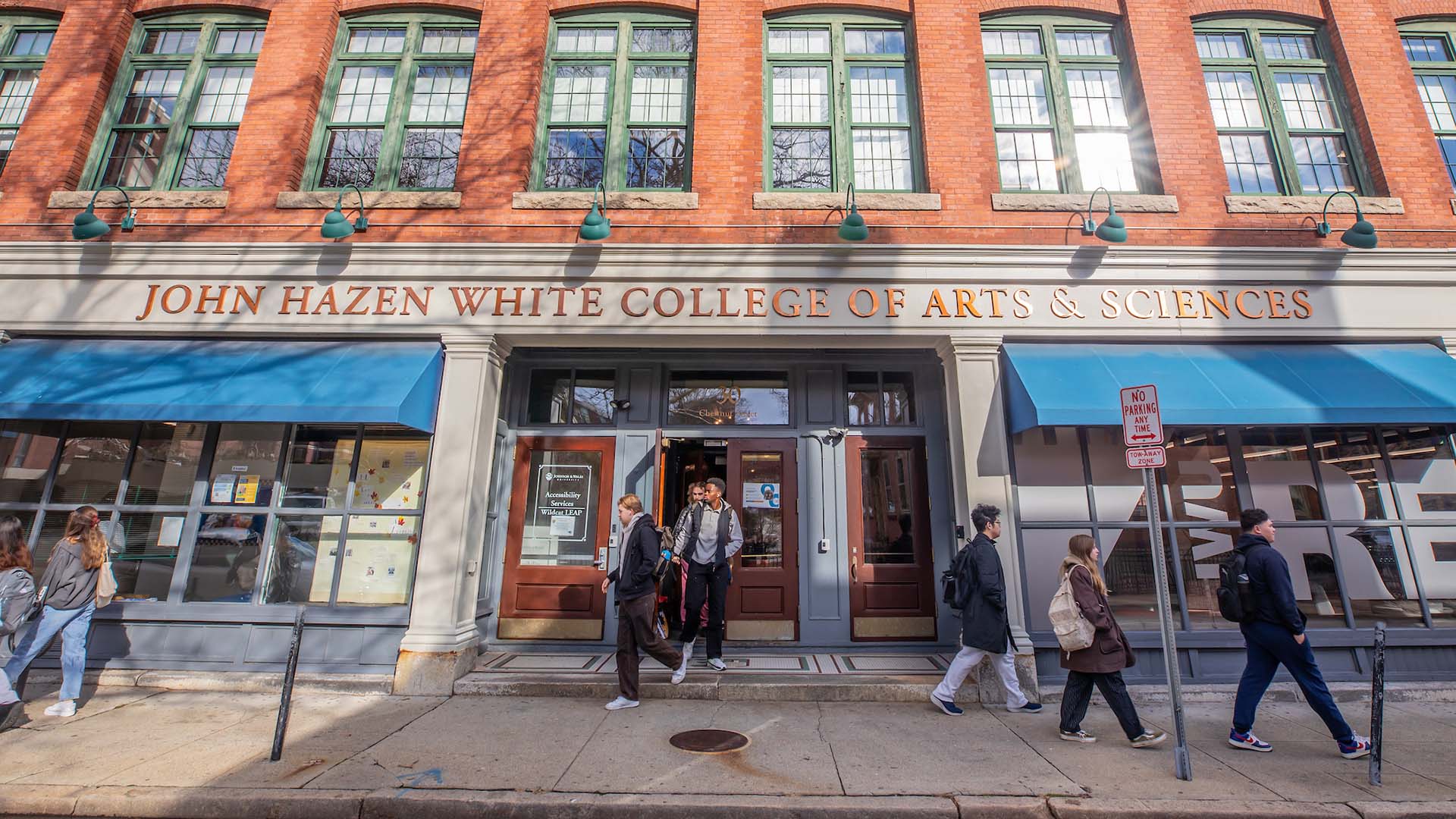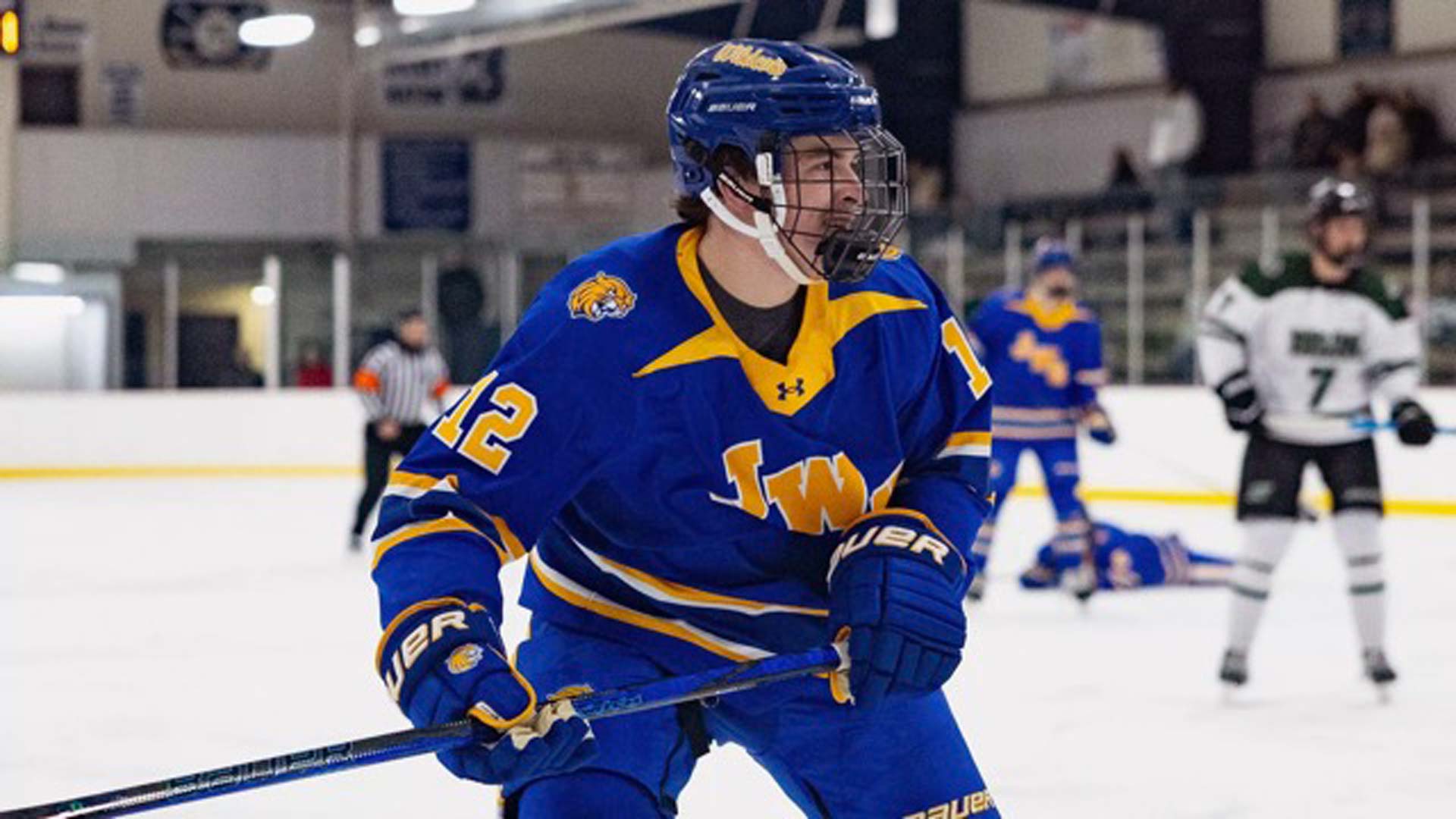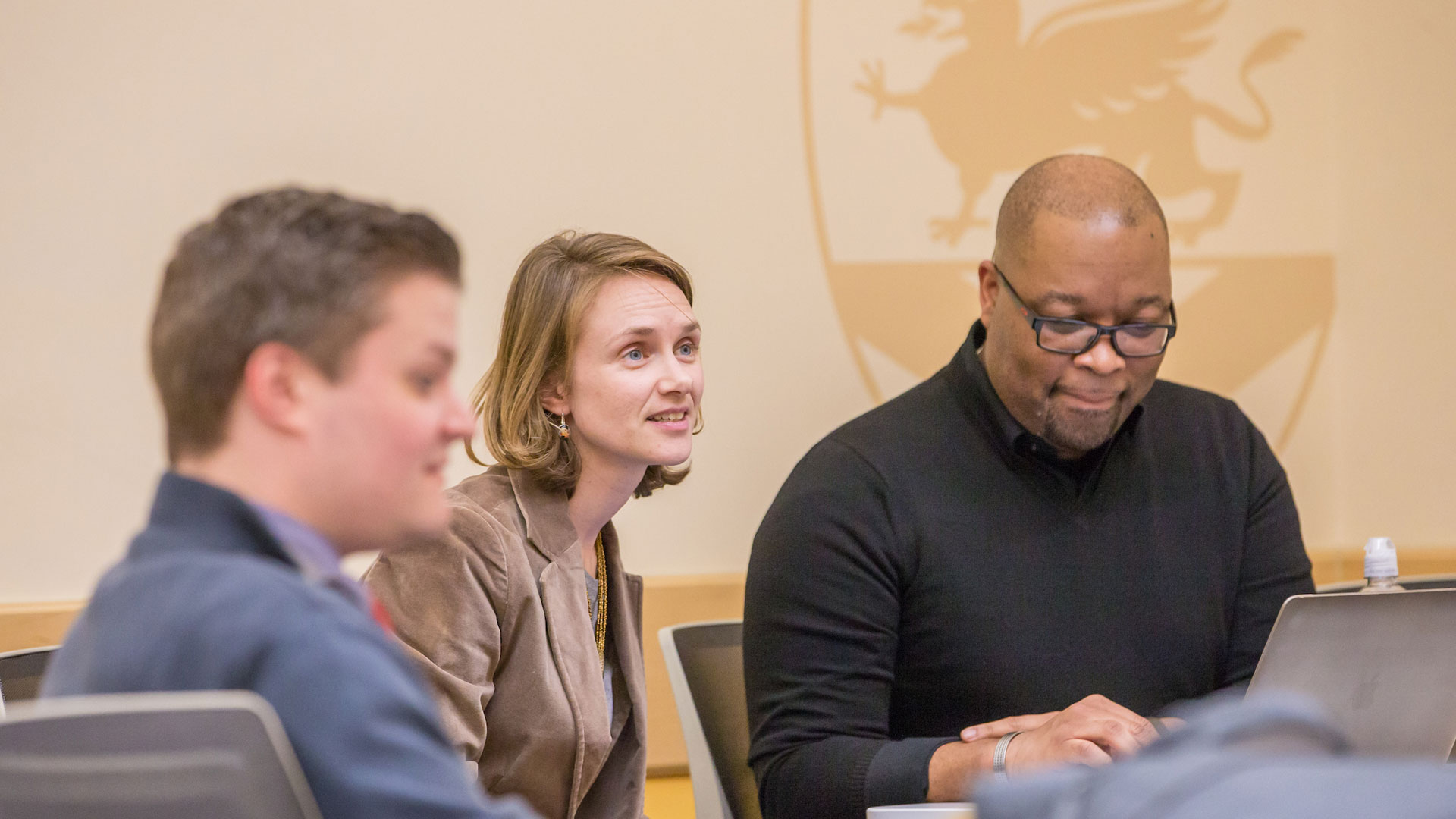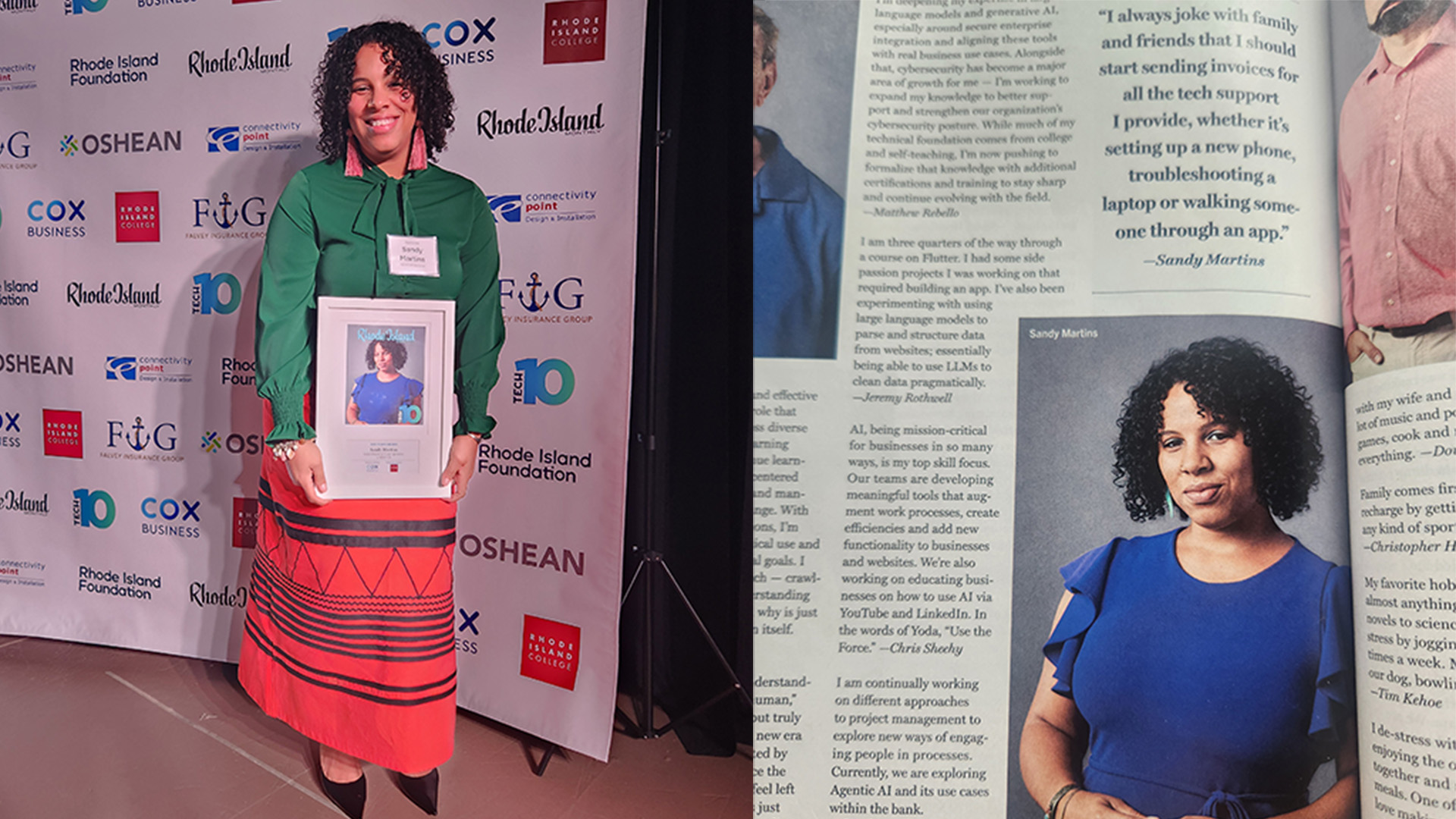JWU Student Dives Into COVID-19 Research
Margaret Healy '20 always knew she would go into medicine. Growing up in Carmel, New York, with a father who worked as a nurse, the medical environment was always familiar to her. In addition, she was diagnosed with Chiari Malformation, a condition in which brain tissue extends into the spinal canal. Experiencing both sides of the spectrum gave her a unique insight into what it means to be in the profession.
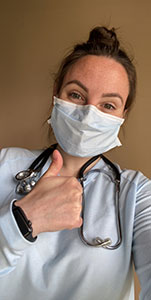 She chose Johnson & Wales to pursue biology for several reasons. The driving force was the Early Enrollment Program (EEP) — a program that allowed her to start her studies at JWU during her senior year of high school. “I viewed about 14 different colleges, and JWU was the only university that offered an EEP,” she says. “I was ready to be academically challenged in the STEM field.”
She chose Johnson & Wales to pursue biology for several reasons. The driving force was the Early Enrollment Program (EEP) — a program that allowed her to start her studies at JWU during her senior year of high school. “I viewed about 14 different colleges, and JWU was the only university that offered an EEP,” she says. “I was ready to be academically challenged in the STEM field.”
As Healy went through the Biology program at JWU, she knew she made the right choice. “The professors here truly care about not just how you do academically, but emotionally,” she says. “They want you to succeed, and they'll go out of their way to help you.”
In September of her senior year, Healy began an internship with the Brown University Department of Emergency Medicine as a clinical research assistant. Here, she assisted with a research study called GAPcare II, focusing on the usability and feasibility of Apple Watches as a fall prevention intervention for older adults. “It is a lot of writing, including samples for official manuscripts, standard operating procedures, and then recruitment for those patients.”
For thirty days, patients participate in the study and learn how to use the Apple Watch. Healy and the team instruct patients and conduct qualitative interviews. Healy has been part of this study for nine months so far, and they plan to continue once they are able to recruit patients again.
To support the GAPcare II study, Healy has conducted further research and has been published in the Western Journal of Emergency Medicine. Healy’s article reviews 15 smartphone apps for older adults to use while in isolation during the COVID-19 pandemic.
Not one to remain unchallenged, Healy took on a second job with Lifespan, also as a clinical research assistant. Her work includes research and recruiting for nearly 10 different studies within the emergency department at Rhode Island Hospital, including post-traumatic patients, opioid overdose patients and more. But then, COVID-19 popped up in New England, and the team’s focus shifted.
Although she is still focused on medical research, Healy is also assisting doctors with patients that come into the Emergency Department at Rhode Island Hospital. Because she has a CNA license, she is able to offer more hands-on help and complete tests and diagnostics.
Healy notes the writing hasn’t stopped completely, although the recruitment for studies has. Their newest focus for a future study remains on older adults, but this time will heavily focus on COVID-19. “The study aims to respond to the National Institute of Aging’s (NIA) call for COVID supplements,” Healy says. “Our ultimate goal is to limit in-person medical care and the impact isolation will have on older adults by connecting OAs with COVID-19 in early recovery with resources after hospital discharge. We will be distributing care packages to patients upon ED or hospital discharge with essential items to monitor health and assist older adults.”
The experience with this unprecedented virus will only help Healy in her future plans as a PA. “Becoming a physician assistant is my ultimate goal, and I hope to incorporate research within the profession,” Healy says.
